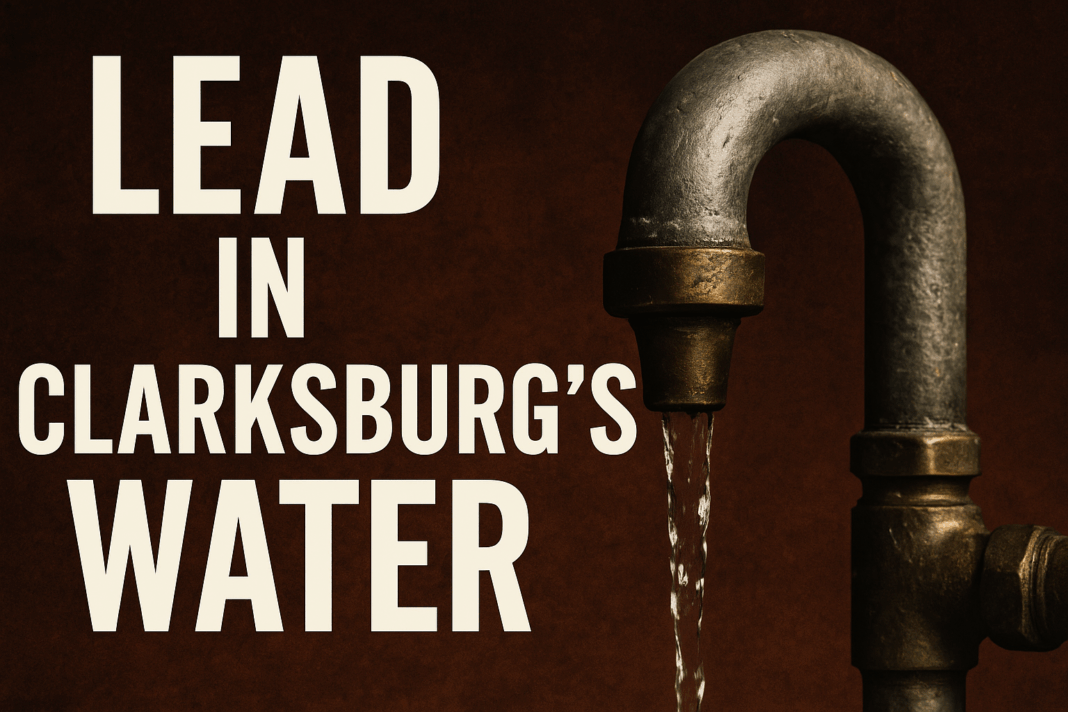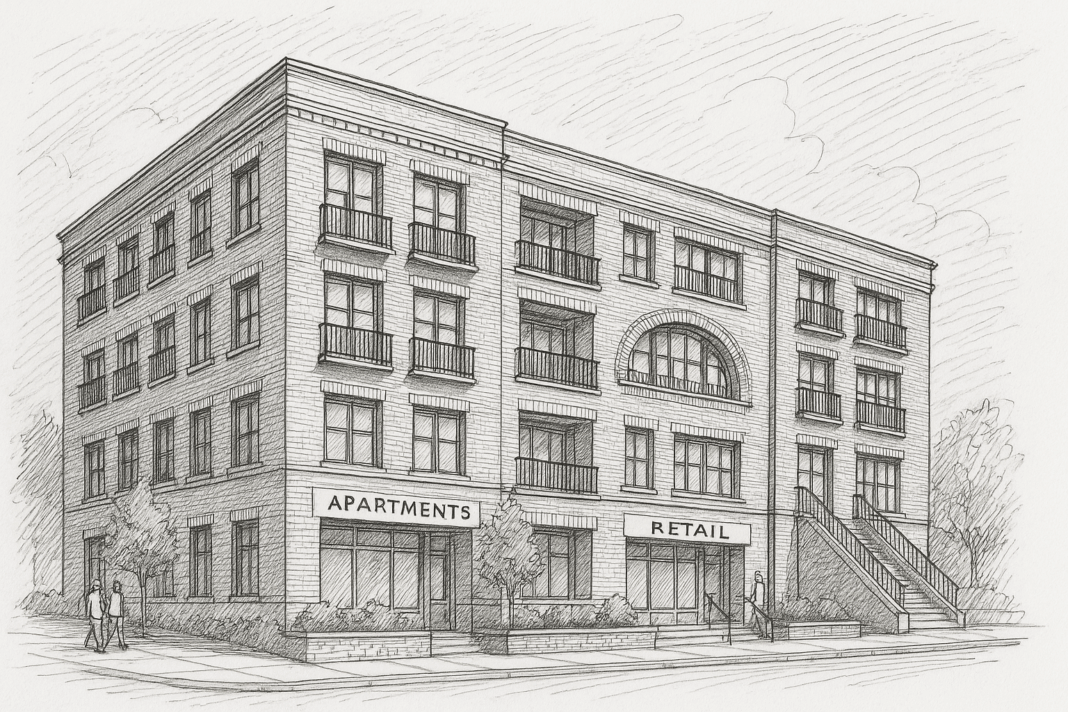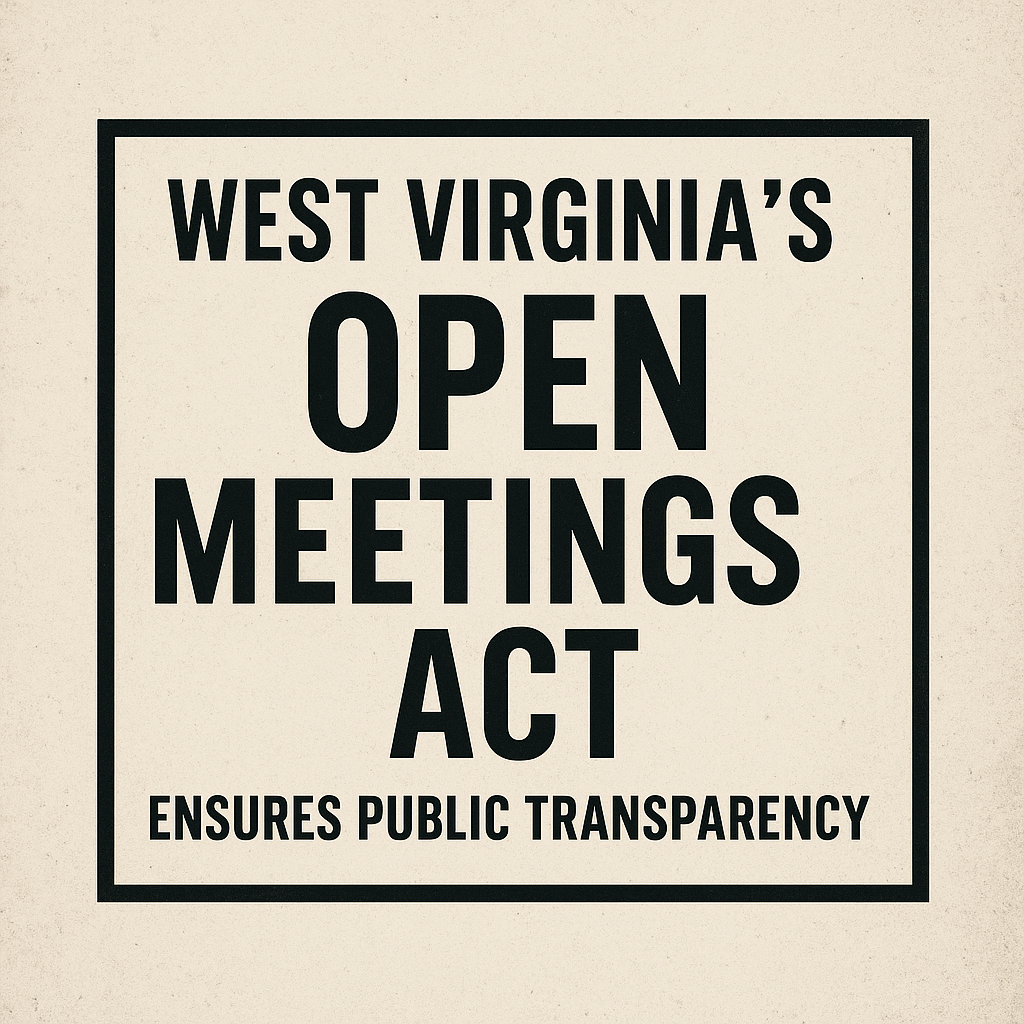They’re patting each other on the back this year—2025—like heroes.
Water board members, and contractors lining up for photo ops, celebrating a lead pipe replacement project as if they’ve just delivered us from evil.
But let’s be honest: this is not a victory. It’s a cover-up cleanup, decades too late. They put out some PR yesterday that fired me up and inspired me to write.
The job they’re celebrating today? It should have been done in the 1950s or 60s, when lead pipe dangers were already well-known. Instead, Clarksburg officials let this problem rot underground for over half a century, quietly poisoning the people they swore to protect.
And now they want credit?
Hell No.
They deserve scrutiny. They deserve outrage. And some of them may deserve criminal prosecution.
Let’s be blunt: they knew. And if they didn’t, then someone needs to explain how our entire city infrastructure was run by incompetents who couldn’t tell lead from copper or steel with a wrench in their hand. None of those workers ever reported it?
This Isn’t Just a Crisis—It’s a Betrayal
Clarksburg isn’t some thriving metro with national watchdogs breathing down its neck. We’re a small Appalachian city with aging infrastructure, proud people, and not nearly enough attention from state or federal regulators.
Maybe that’s why it was so easy to ignore us.
But that’s no excuse. Our kids are just as important. Our families matter just as much. And while the rest of the country watched lead horror stories unfold in other places, ours was quietly happening right here, beneath our streets, inside our homes, with no headlines, no outrage, and no help.
And we have to ask:
Why did Flint, Michigan make national news, while Clarksburg, West Virginia got nothing?
Why does it take a media frenzy for politicians and regulators to care?
Why does America always ignore Appalachia until it’s too late?
This isn’t just a story about poisoned pipes. It’s a story about how rural towns, working-class communities, and forgotten corners of this country get treated like collateral damage.
It wasn’t until local parents started seeing the symptoms of lead poisoning in their children—learning issues, behavior changes, health problems—that the alarm finally sounded.
And who rang that alarm?
Not the Water Board. Not the city. Not the EPA.
It was everyday people, doing what officials failed to do: paying attention and demanding answers.
The Health Effects Are Permanent—and Haunting
Lead is a neurotoxin. That means it attacks the brain and nervous system directly—and in children, even small exposures can lead to lifelong damage.
Lower IQ
Speech delays
Hyperactivity, aggression, impulsive behavior
Stunted growth, hearing loss, learning problems
And these effects? They don’t go away. There’s no cure. No treatment. No do-over.
In adults, lead exposure leads to:
High blood pressure and heart disease
Kidney failure
Memory loss, fatigue, joint pain
Fertility problems and miscarriage
Depression and mental deterioration
Even minor long-term exposure can eat away at a person’s health slowly, silently, and often without diagnosis. The result? Entire generations of people in this city may have suffered needlessly—with no answers.
How Many Clarksburg Residents Have Suffered Silently?
How many funerals were held that didn’t need to happen?
How many kids were written off as troubled when they were just poisoned?
How many mothers buried children—or miscarried them—without ever being told that their tap water was part of the reason?
Is it possible—no, likely—that this has been going on far longer than anyone wants to admit?
The more you think about it, the sicker it gets. And someone needs to be held accountable.
They Knew—And They Hid It
Let’s stop pretending this was some mystery buried in the past. When a line breaks, and a city crew digs it up, they know what they’re looking at.
Lead is soft, gray, and heavy. It bends. It scratches easily. It connects differently. Any worker with experience knows the feel of it, the look of it. They’ve known for decades.
But beyond that—when a repair is made, you can’t just slap modern piping onto a lead service line and call it a day. Special steps have to be taken.
You need specific adapters and couplings—called compression fittings or lead-to-copper transitions. These are purpose-built for the job and clearly labeled for lead applications. You don’t just happen to have them in the truck by accident.
If a pipe crew installs a new line segment and connects it to lead, they have to know it’s lead—because if they don’t, the wrong materials could cause galvanic corrosion, making the problem worse and violating every basic water quality standard.
You also don’t dig up lead without notifying safety personnel, using protective gear, and disposing of the scrap according to hazardous material guidelines. None of that happens by chance. It takes documentation, awareness, and a conscious decision to keep quiet.
And if you need more proof they knew? Look at their awards.
Over the years, Clarksburg’s water system proudly received recognition for water quality. Press releases. Certificates. Pomp and ceremony. But how does a system serving lead-contaminated homes win awards for purity?
It’s simple: you only pull your water samples from the clean lines.
They knew exactly which neighborhoods were safe. They knew which houses had copper or PVC. And that’s where they took the samples. Not from the oldest homes in North View or Stealey. Not from the places they suspected—or knew—had lead.
They knew where to test to get the right results.
They knew what not to touch.
And they absolutely knew what would happen if the truth came out.
So what happened? Did no one ever report it? Were they told not to? Did the Water Board quietly code these repairs in the logs without drawing attention?
Whatever the excuse, it’s not good enough. And the idea that now, in 2025, we should be celebrating the people responsible for delaying this project in the first place is an insult to every family who drank that water.
We Tried to Sound the Alarm—They Didn’t Want to Hear It
I was on City Council when the early planning for this project began.
And I’ll be honest: I didn’t want to give them a single dollar.
Not because I didn’t want the pipes replaced—but because I believed they should be forced to crawl to every state and federal agency with their hand out, hoping someone would ask them the hard questions they were dodging here at home.
In fact, I pushed to disband the Water Board altogether and put it under full city control—where it should have been all along. End the backroom protection, end the institutional silence. Shine a light on the whole mess.
They ignored it.
They protected themselves.
And now they want praise?
Fixing It Isn’t Good Enough
Yes, the pipes are finally being replaced. But let’s be clear: this isn’t progress. It’s a forced confession, dragged out by circumstance, not character.
This project only happened because the people found out. Not because the system did its job.
Replacing the lines is the bare minimum. What Clarksburg really needs is:
A public apology
A full investigation
And consequences for anyone who lied, delayed, or knowingly allowed families to drink from poisoned lines
Bring Them Back—Every One of Them
I want to see every living former member of the Clarksburg Water Board—every mayor, every utility director, every bureaucrat who signed off on a report—brought back and made to face the public.
Not a memo.
Not a closed-door “review.”
A congressional-style hearing, right here in Clarksburg, on camera, under oath.
They should have to explain themselves—not to me, but to the parents of kids who’ll never reach their full potential, to the adults whose health may never recover, and to the families who deserve to know the truth about what was in their water.
And if you think that sounds extreme, just look at what happened in Flint.
In the Flint water crisis, over a dozen officials were criminally charged—state employees, emergency managers, even the governor himself. Charges included misconduct in office, willful neglect of duty, and involuntary manslaughter.
And yet—no one went to prison.
Most walked away with plea deals, fines, or charges dismissed in legal technicalities. Some served probation. The public outrage was real—but the punishment was symbolic.
Here in Clarksburg, we can’t let that happen again.
Because if nobody is held accountable here—if no one is forced to answer for decades of silence—then this won’t just be a tragedy. It will be a green light for it to happen all over again, somewhere else.
Can We Even Trust Them to Finish the Job?
Let’s ask the uncomfortable question:
Can we trust the same people who lied or stayed silent for 75 years to suddenly start telling the truth now?
They claim they know how many lead lines exist—thousands of them. But are we really sure that’s all? Are we confident they’ve told us the whole truth this time, after hiding the danger for generations?
The public only knows what the Water Board decides to share. So how do we verify that every lead service line is actually being removed—not just the ones easy to find or politically convenient?
How will we know if they miss one, or skip one, or quietly decide not to dig too deep where records are thin?
We won’t—unless we watch them like hawks. Unless the public stays involved, stays skeptical, and demands transparency at every phase of this project.
They want us to believe the worst is behind us. But if we let our guard down now, it won’t just be a failure—it will be an invitation to repeat the same betrayal all over again.
We Remember. And We’re Not Done.
If you’re angry—you should be.
If you feel betrayed—you were.
And if you’re still waiting for someone to be held accountable, know this: you’re not alone.
We’re not going to let this get swept away in a PR campaign. We’re not going to pretend it’s over. And we’re not going to stop asking hard questions just because someone cut a ribbon or signed a check.
Clarksburg deserves better.
And now that we know the truth, we’re going to demand it.
And if I don’t see real transparency—if I don’t see real accountability—don’t be surprised if I run for a seat on the Water Board myself.
Not to join them.
To tear it down from the inside.
To drag every buried truth into the light.
To make sure no one ever forgets what they did—how long they hid it—and how many people paid the price.
Because the days of polite silence are over.
And I’m just getting started. This is the kind of anger I thrive on.
By Gary Keith, for the Clarksburg News and Observer




